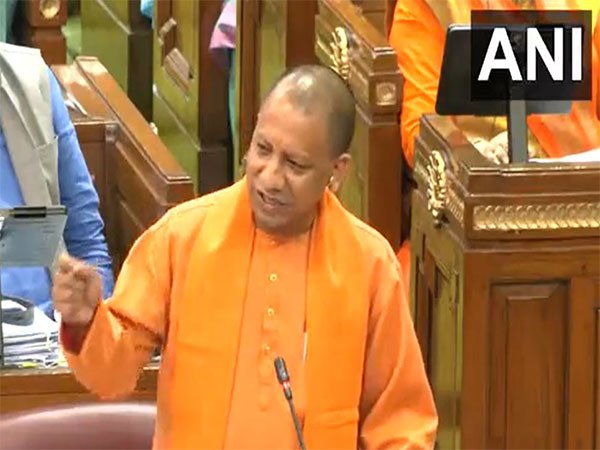New Delhi, July 22, 2024 – The long-standing demands for Special Category Status (SCS) by Bihar and Andhra Pradesh, championed by the Janata Dal (United) [JD(U)] and the Telugu Desam Party (TDP) respectively, have once again been dismissed by the central government.
Background and Criteria for Special Category Status:
A State granted Special Category Status becomes eligible for tax cuts and preferential central government assistance. Although the Indian Constitution does not explicitly provide for this categorisation, the provision was introduced by the National Development Council (NDC) of the Planning Commission in 1969. Initially, Jammu and Kashmir, Assam, and Nagaland were accorded SCS. Over the next four decades, eight more States were added, including Tripura, Arunachal Pradesh, Mizoram, Manipur, Meghalaya, Sikkim, Uttarakhand, and Himachal Pradesh.
The decision to grant SCS is based on five criteria:
- Hilly and difficult terrain
- Low population density and/or sizeable share of tribal population
- Strategic location along borders with neighbouring countries
- Economic and infrastructural backwardness
- Non-viable nature of State finances
States with SCS receive 90% of central government funds for Union-sponsored schemes, compared to 60% for non-SCS States. They also benefit from more tax concessions and additional revenues from the Centre.
Bihar’s Ineligibility:
Despite repeated appeals, Bihar has been deemed ineligible for SCS. The National Development Council noted in 2012 that Bihar did not fulfill any of the criteria required for this status. This decision was reaffirmed by the Minister of State for Finance, Pankaj Chaudhary. Bihar’s robust GDP growth of 10.98% for 2022-2023, higher than the national average, further undermines its claim for SCS based on economic backwardness.
Political Maneuvering:
JD(U) leader Nitish Kumar has argued for SCS for Bihar citing economic backwardness, poor human development indicators, frequent natural disasters, insufficient water for irrigation, and loss of industries to Jharkhand. Similarly, the TDP, led by N Chandrababu Naidu, has made similar demands for Andhra Pradesh, even pulling out of the NDA alliance in 2018 over this issue.
However, the Centre dissolved the Planning Commission and the National Development Council in 2014-2015, replacing them with NITI Aayog. This effectively ended the Special Category Status for the 11 States that previously held it, leaving no provision for granting SCS to any State, including Bihar and Andhra Pradesh.
Government’s Position:
During the Parliament Monsoon Session, the Union Finance Minister Nirmala Sitharaman was asked if the government proposes to provide special status to Bihar and other most backward States to promote economic growth and industrialization. Minister of State for Finance, Pankaj Chaudhary, responded by reiterating that SCS was granted based on specific criteria which Bihar does not meet.
“Earlier, the request of Bihar for Special Category Status was considered by an Inter-Ministerial Group (IMG) which submitted its Report on 30th March, 2012. The IMG found that based on existing NDC criteria, the case for Special Category Status for Bihar is not made out,” Chaudhary emphasized.
Conclusion:
The central government has made it clear that no Special Category Status will be granted to JD(U)-ruled Bihar or any other State. As Bihar and Andhra Pradesh continue to push for SCS, it remains to be seen how this political tug-of-war will unfold and whether the BJP-led government can maintain its stance against the demands of its regional allies.
Discover more from The Doon Mozaic | द दून मोज़ेक
Subscribe to get the latest posts sent to your email.



